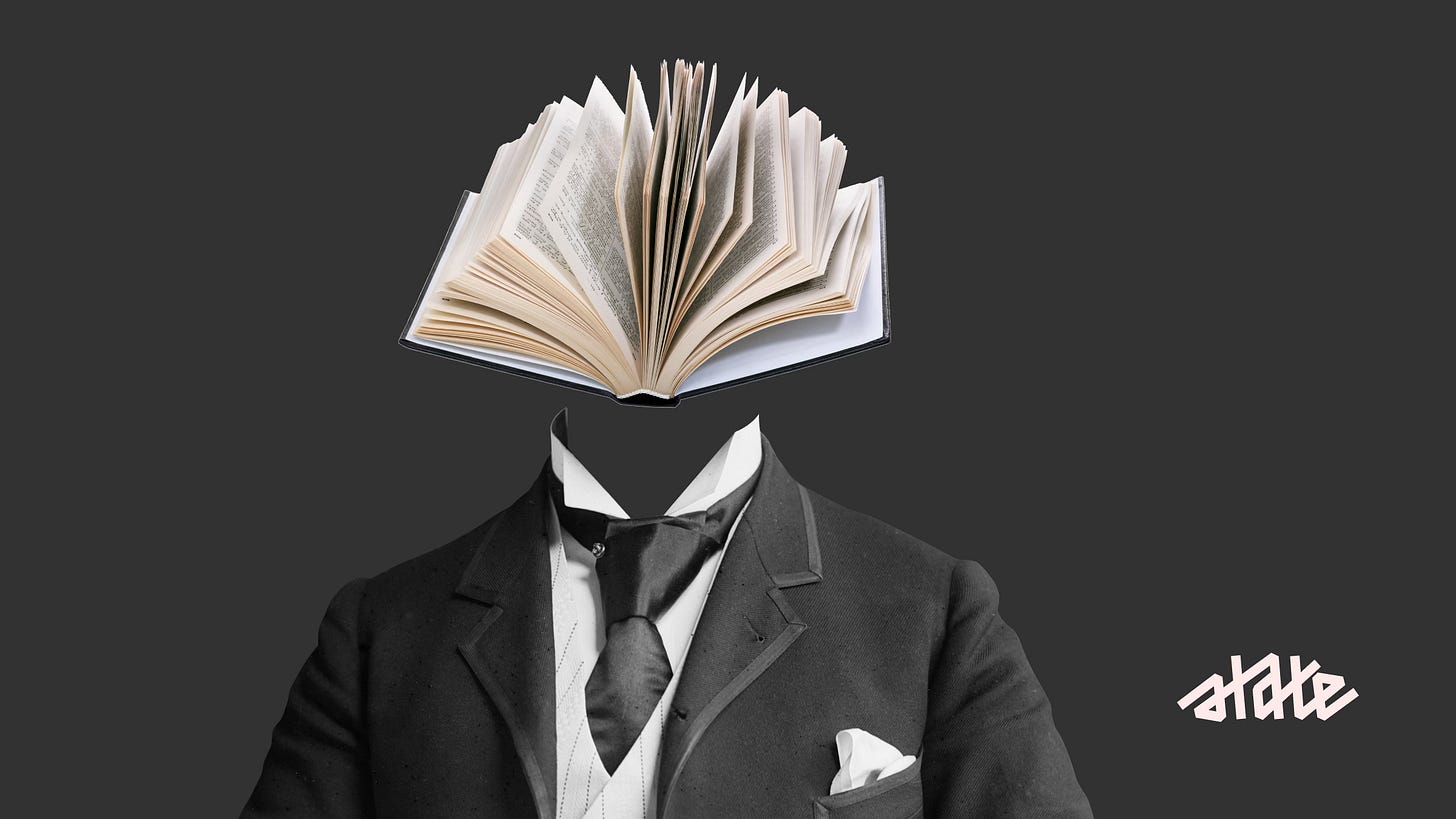Good decisions happen when we don't trust our gut.
The absurd truth about expertise and the moments when certainty is not good.
I've paid to learn I can be an idiot—most times I don't pay at all.
I wanted to know why clients kept telling me "That's not quite right," every time I presented what I KNEW in my gut was a perfect solution. So I enrolled in a behavioral decision-making course to understand what was wrong with them.
"Your gut feeling is unreliable. It can't be trusted." A brutal opening line from my instructor. My thought? "Well, your gut may be wrong, but mine is solid."
That thought, he explained, was the problem.
Familiarity breeds complacency.
Many of us know that most car accidents happen close to home. We've seen the evidence: California stops; bright plastic people waving flags reminding us of slow children at play; the scattered diamond-like broken glass and plastic bumper fragments swept to intersection corners. All proof that "when you get comfortable, you get sloppy."
For years that idea sat in my mind as golden truth. Anecdotally, it's true for some, but statistically not true.
Most accidents happen close to home because that's where we do most of our driving. If you did most of your driving in another state, the accidents you got into may make you believe that place was bad luck. Elementary statistics masquerading as insight about human nature.
I'm here to debunk "familiarity breeds complacency" in traffic accidents while proving familiarity breeds complacency as leaders.
My Creative Arrogance
For years, in creative agencies, I'd interview clients, review data, conduct focus groups, then disappear into a cave and emerge with the answer. Across conference tables, my client presentations were proud displays of complete confidence. Imagine my surprise when clients told me again and again, "That's not quite right.”
Instead of questioning my process, I figured what I needed was more experience—more client experience, more industry experience, more campaign experience. I calculated that experience would teach me what worked. What I learned was not to trust my instincts.
Yes, I learned skills, but I was seeing a pattern, getting the same results, because the experience-based information I was learning was not universal; it was limited to my context and perspective. I had to change my behavior. Don't trust my gut. This revelation came from desperation after enough polite rejections.
So if my gut was not to be trusted, who could I trust? It started with my wife (an empathetic ear with zero marketing experience), my business partner (a philosophical complement who catches what I can't see), customers in one-on-one conversations (who say things that never occur to me), and people who thought hiring my team was a mistake (whose objections reveal blind spots).
The Questions That Save Me From Myself
My expertise creates blind spots I don't know exist. When I'm certain about something, I force myself to ask what evidence would convince me I'm wrong. Asking, "What would I need to hear to change my mind?" allows me direction for opinions, and I realize I haven't tested my assumptions with enough people who think differently.
Roger L. Martin—former dean of the Rotman School of Management and one of the sharpest strategic thinkers—has a tool that has become my safety net when helping clients through their strategies: "What would have to be true?"
When a client wants to increase sales 200% by going online, their gut says "sure, everyone makes money online." But asking what would have to be true reveals the work: website development, advertising budget, product photography, inventory management, shipping logistics, customer service protocols.
Whether the answer is "yes, let's do it," or "not right now," the client is informed on what it takes.
The Uncomfortable Truth About Being Wrong
As a leader, the most dangerous moment isn't when you don't know something. It's when you're certain you do.
Familiarity breeds complacency. Just not where we think. It's not about rolling through stop signs in your neighborhood. It's about rolling through decisions with your expertise.
I still catch myself making confident predictions based on incomplete information. Still feel that pull of pattern recognition that whispers "I've got this." The difference is recognizing that feeling as a warning sign rather than validation.
Good decisions don't come from confidence. They come from curiosity about what you're missing.
A lesson worth paying for, even if it took me years to learn it.


